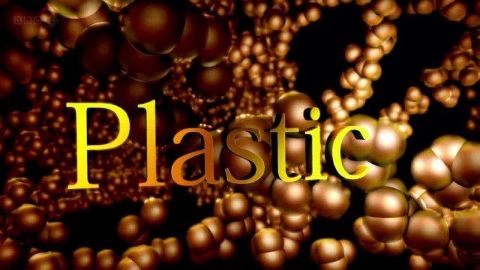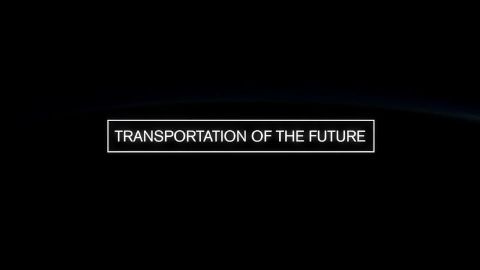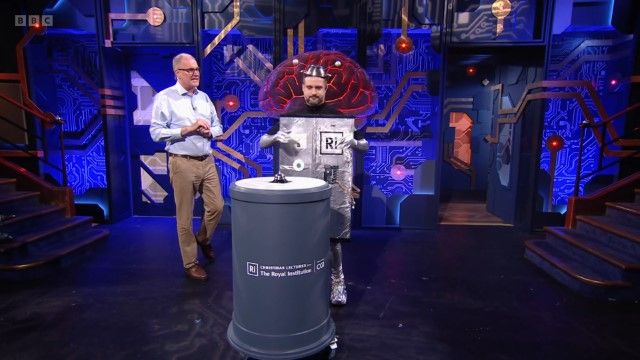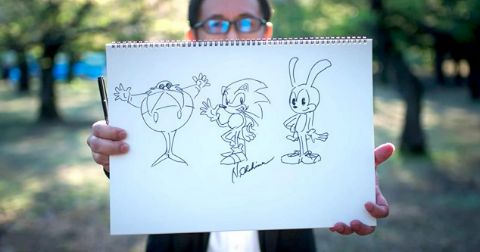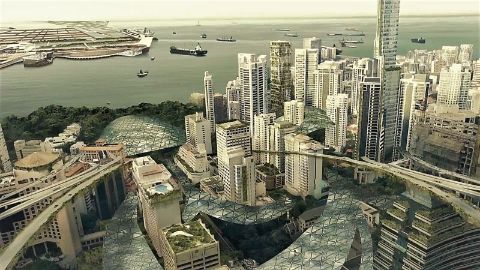Plastic • 2012 • episode "S1E2" • How It Works
From the Stone Age to the Silicon Age, materials have helped drive forward our civilisation. By manipulating materials we have been able to transform our world and our lives - and never more so than in the past century when we have discovered and designed more materials than at any other time in human history. (Part 2: Plastic) Professor Mark Miodownik tells the story of plastics - created in the lab, they have brought luxury to the masses and shaped the modern age. He recounts tales of the mavericks responsible for some of plastic's most outrageous failures and heady successes, from the explosive attempts to make a replacement for ivory billiard balls to the ultimately ubiquitous Bakelite. Investigating at atomic level, Mark discovers the properties that have allowed plastics to dominate our world and reveals how the next generation of plastics will take its inspiration from nature, creating man-made materials which behave as though they are alive and which could help rebuild the human body.
Make a donation
Buy a brother a hot coffee? Or a cold beer?
Hope you're finding these documentaries fascinating and eye-opening. It's just me, working hard behind the scenes to bring you this enriching content.
Running and maintaining a website like this takes time and resources. That's why I'm reaching out to you. If you appreciate what I do and would like to support my efforts, would you consider "buying me a coffee"?
Donation addresses
BTC: bc1q8ldskxh4x9qnddhcrgcun8rtvddeldm2a07r2v
ETH: 0x5CCAAA1afc5c5D814129d99277dDb5A979672116
With your donation through , you can show your appreciation and help me keep this project going. Every contribution, no matter how small, makes a significant impact. It goes directly towards covering server costs.

